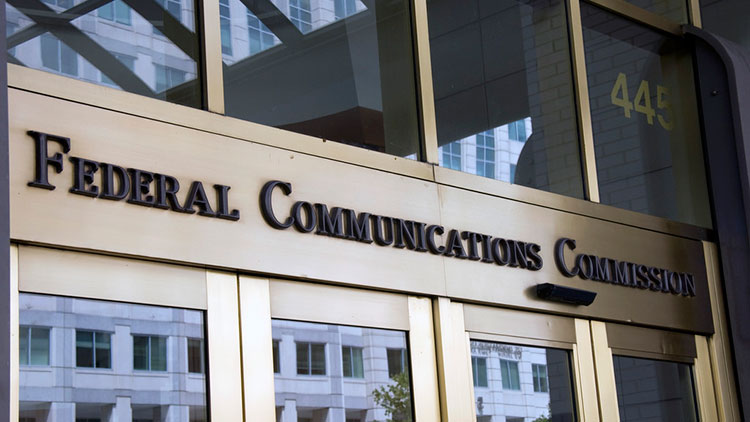ATVA Renews Push for Retrans Reforms

The smarter way to stay on top of broadcasting and cable industry. Sign up below
You are now subscribed
Your newsletter sign-up was successful
The FCC under Democratic chairman Tom Wheeler declined to undertake major retransmission consent reform, but the American Television Alliance appears to be looking for a new view from the new administration.
ATVA comprises cable operators, satellite operators and others who have been pushing the FCC to make blackouts and program bundling bad faith retrans negotiating tactics, but the FCC closed its retrans review without doing that.
In a letter to the FCC Friday, ATVA cited stations in 46 markets whose signals had gone dark on cable systems New Year's Day. ATVA director Mike Chappell urged the FCC to undertake reform.
He said that FCC chairman Tom Wheeler's blog post—back when the FCC decided no new rules were needed—"suggesting that existing rules are sufficient to protect American viewers from abuses of the retransmission consent system" was belied by that figure. "The most recent evidence demonstrates what the American Television Alliance has always maintained—existing rules do not protect the viewing public from broadcaster blackout," he wrote.
"ATVA thus urges the Commission to revisit the conclusions expressed in Chairman Wheeler’s blog post and to engage in meaningful retransmission consent reform. Only such reform will prevent millions of Americans from losing their local service next New Year’s Day."
The December-January time period is frequently a busy one on the retrans front as contracts expire and both sides try to get the best deal. Cable operators argue that blackouts give broadcasters an advantage at consumer's expense, while broadcasters argue they are the leverage they have in often tough negotiations.
The Hearst-DirecTV blackout—affecting 26 of those 46 markets—was cited in the Jan. 6 letter, but was resolved the next day. In fact, at least 37 of the 46 have been resolved.
The smarter way to stay on top of broadcasting and cable industry. Sign up below
But ATVA's point is more about their being allowed at all, rather than the duration.
It told the FCC that most of the blackouts came despite cable operators' willingness to "true up" rates retroactively if the signals stayed on and in the event of must-have NFL playoff games.
Contributing editor John Eggerton has been an editor and/or writer on media regulation, legislation and policy for over four decades, including covering the FCC, FTC, Congress, the major media trade associations, and the federal courts. In addition to Multichannel News and Broadcasting + Cable, his work has appeared in Radio World, TV Technology, TV Fax, This Week in Consumer Electronics, Variety and the Encyclopedia Britannica.

